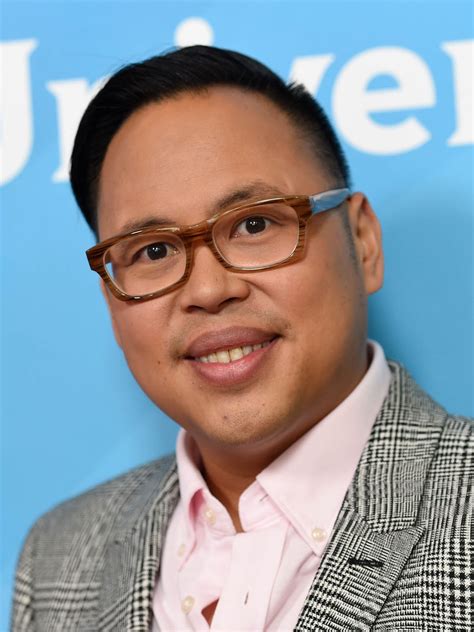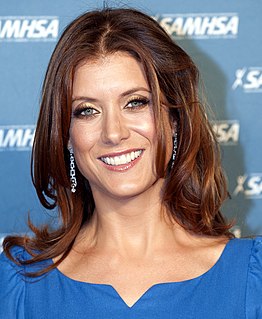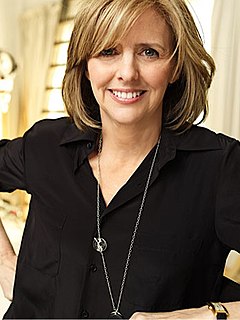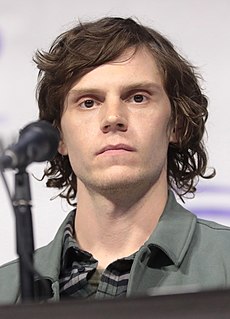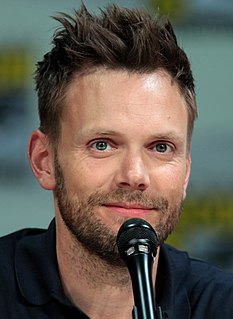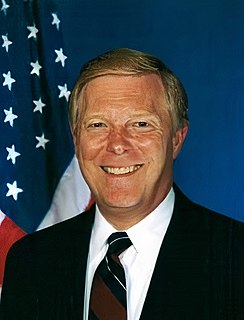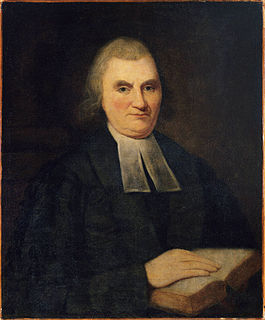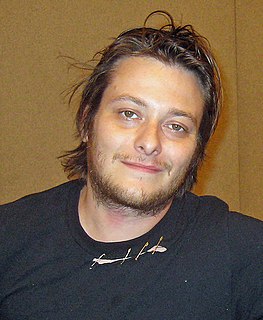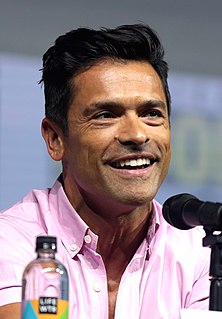A Quote by Nico Santos
In high school the very first job I got was I worked as a cashier in Burgerville, which is this fast food place in Oregon. I kind of grew up to be a spoiled little kid so my dad was like, 'You're going to get a job for the summer!' I was this clueless immigrant like, 'May I take your order? Sorry sir, I don't know what I'm doing!'
Related Quotes
I went to art school for about a year. I was born and raised in the Willamette Valley in Oregon into a middle-class family who didn't have the funds to say, "Here, kid. Here's your money for school." So I worked real hard during the summer and saved money and was able to go to school for a year and borrowed a little money which I paid back after that first year.
When I first started, I didn't know what I was doing. I was such a - like a kid that got into things before I was ready. I was like the original learning-on-the-job-experience guy. All I knew was, if I hired the best musicians, I got the best arranger, and got the right songs for the right singer, I had did my job correctly.
I don't really know. I think the first test is when you're very little and you fart, and you laugh at it and so do your friends and family. I knew before I was funny I was very annoying so I have that covered. I think it was because I was not very good in school I used humor as a defense mechanism. When I started doing plays and stuff at school I decided that I was going to keep doing it until someone tells me to stop and get a real job.
My dad took me to a high school basketball game and this very, very famous coach in Michigan, by the name of Lofton Greene - he was a guy that my dad was familiar with. He was from our hometown. And I watched the game and I said I didn't see this guy doing a lot of coaching. And my dad told me, well, it's just like a teacher - which he was - he said if you do a good job teaching during the week, when they take the test on Friday, that's not the time you have to do a lot of demonstrative things.
I only worked on that one movie, but then quickly realized that the path of being an assistant director was not gonna get me to producing. It's a different path coming up through production management and then line producing. So I basically was in the position where I was going to take any job that felt creative, like the one I got, which was reading scripts and writing coverage. So even though I was taking a job where I was making less money than the job immediately prior, it seemed like the right thing for me.
In a lot of ways being actor is like with any job, at first it's sort of like alien to you a little bit... a little foreign. And then as time goes on... when I was a kid I'd take a role... it's kind of funny too, because now I have the attitude also "All I am is just like making movies." When you're a kid it's like, "Oh my god, I'm making a movie! It's so much pressure!".
